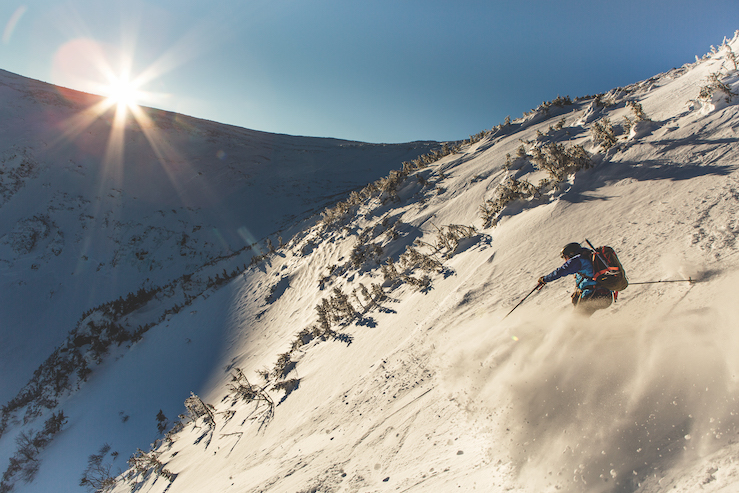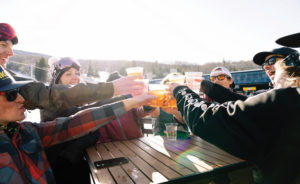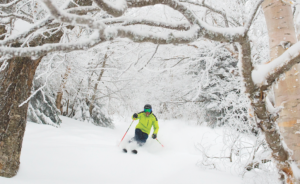
There are 57 hours between 3 p.m. on Friday and midnight on Sunday. That’s 57 available hours for adventure before having to prepare for Monday’s day at work. Perica Levatić, a founder of an app called “57 Hours,” is very familiar with making the most out of that time.
“After college, I was a true ‘weekend warrior,’ meaning I would plan climbing weekends and try to escape work a bit early on Friday to squeeze the most out of the weekends,” Levatić told New England Ski Journal. “The idea for the platform came from Viktor Marohnic, who I was working with at the time on his other company, but I was quick to jump on board an opportunity to combine my love for the outdoors and my passion for digital businesses. Fifty-Seven Hours is a platform business that works only when you focus equally on both guides and adventurers, and that is what we are doing now.”
In recent years, and especially since the pandemic, there has been a large uptick in backcountry users and outdoor adventurers. During the winter, backcountry ski zones have experienced an unprecedented volume of people, and uphill skiers have become commonplace at resorts. In the summer, cars are parked down the road near popular hiking trails, and networks of mountain biking trails can’t be expanded fast enough to meet the continuously increasing demand.
Unfortunately, with this increase in users comes an increase in under-educated and under-experienced people in the backcountry, meaning the debut of 57 Hours couldn’t have come at a better time.



